WARNING!: This article may contain content readers may find distressing
Dele Alli has revealed he was sexually abused at the age of six; speaking to Gary Neville on The Overlap, the 27-year-old also explained how he attended rehab for six weeks earlier this year
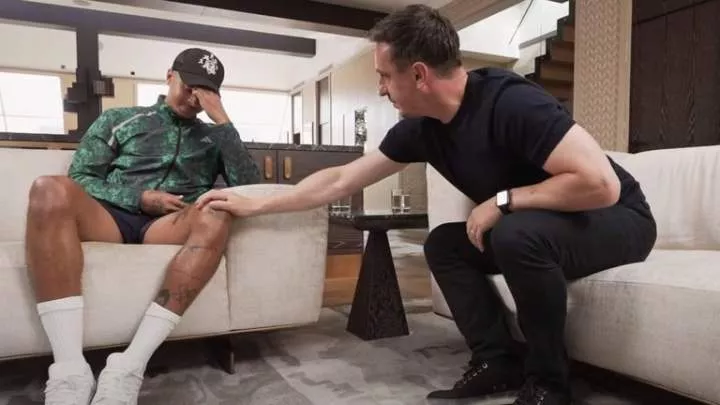
In a candid and emotional interview, the 27-year-old also revealed he had an addiction to sleeping tablets and disclosed how he spent six weeks in rehab in the USA this summer.
After winning the last of his 37 England caps in 2019, Alli fell out of favour at Tottenham which prompted a transfer to Everton, where he has since struggled to make an impact, spending last season on loan at Besiktas.
In an interview with Gary Neville on The Overlap, Alli revealed how childhood trauma had contributed to the problems he has encountered in recent years.
"There were a few incidents that can give you a brief understanding," he said.
"At six, I was molested by my mum's friend who was at the house a lot. My mum was an alcoholic."
"I was sent to Africa to learn discipline. Then I was sent back. Seven, I started smoking. Eight I started dealing drugs, selling drugs. An older person told me they wouldn't stop a kid so I'd ride around with my football and then underneath I'd have the drugs.
"Eleven, I was hung off a bridge by a guy from the next estate. At 12, I was adopted. And from then, I was adopted by an amazing family, I couldn't have asked for better people to do what they've done for me...If God created people, it was them. They are amazing and have helped me a lot."
Alli also revealed he had received treatment for addiction this summer.
"I got addicted to sleeping tablets and it's probably not a problem only I have. I think it's something that's going around more than people realise in football."
The England international, who spent last season on loan at Besiktas, added: "Now is probably the right time to tell people. It's tough to talk about it as it's quite recent and something I've hid for a long time and I'm scared to talk about. When I came back from Turkey, I came back and found out I needed an operation.
"I was in a bad place mentally. I decided to go to a modern rehab facility that deals with addiction and mental health and trauma. I felt it was time for me. You can't be told to go there, you have to make the decision yourself.
"I was in a bad cycle. I was relying on things that were doing me harm. I was waking up every day, winning the fight going into training every day smiling - willing to show I was happy. Inside I was losing the battle and it was time to change. When I was told I needed surgery I could feel the feelings I had when the cycle began.
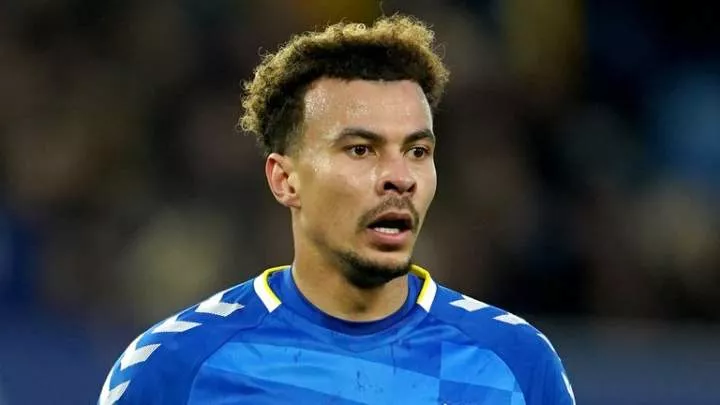
"Everton were amazing and supported me. I will be grateful to them forever. For them to be so honest and understanding I couldn't ask for anything more during a time I was making the biggest decision of my life - doing something I was scared to do. I'm happy I've done it."
'Sleeping tablets helped me fix something I didn't know I could'
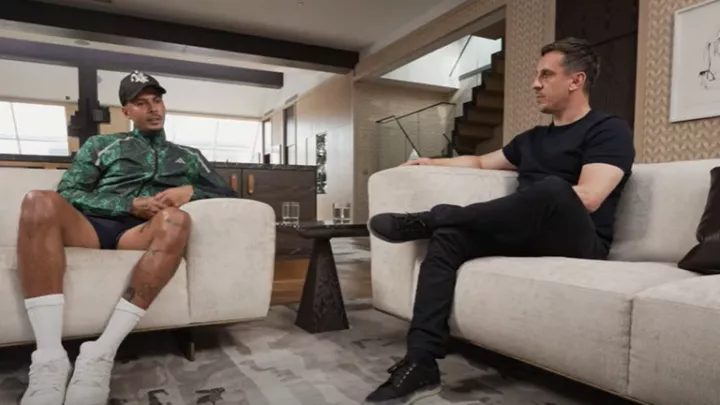
Alli on his addiction to sleeping tablets:
"Before when I'd stop, I'd still sometimes have the urge, but I'd maintain [being] sober for a period of time and then there'd always be a time where something would happen, I'd get the feelings back and I'd want to escape. I was taking a lot - I don't want to talk about numbers, but it was definitely way too much.
"And there were some scary moments. The teams give you them for a reason - to sleep. I wasn't taking them to sleep, I'd take them throughout the day, sometimes from 11am if I had the day off. I would never take them if I was playing, but I'd start early if I had the day off, just to escape from the reality.
"It started with a doctor giving them to me and then it turned into more than that. When you want something, you'll find a way. At the start, it was one to sleep - and, for most people, that's fine. You can handle that, that's all you need. But, for me, it was fixing something else that I didn't know I could fix."
'People don't realise the mental toll of football'
Alli on the moment he contemplated retirement:
"Don't get me wrong, I love football. It's saved my life. I owe everything to football. But it's not just as easy as everyone thinks it is. Yes, you have money and you can do a lot of things you wouldn't be able to do without it, but mentally, until you're in it, I don't think people will ever understand what it can do to you.
"Probably the saddest moment for me was when Jose Mourinho was [Tottenham] manager. I was 24. I remember there was one session - this is when he'd stopped playing me - I was in a bad place and I remember just looking in the mirror. It sounds dramatic, but I was literally staring in the mirror and asking if I could retire now, at 24, doing the thing I love.
"For me, that was heart-breaking to even have had that thought. That hurt me and was another thing I had to carry."
Everton and PFA praise Alli's disclosure
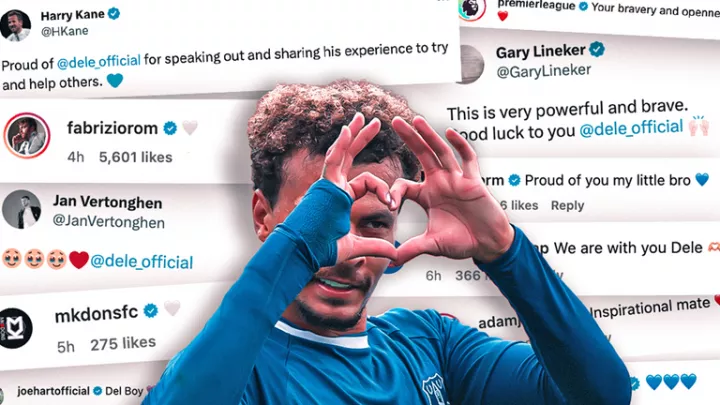
After the interview was released, Everton issued a statement commending Alli's bravery and asking for his privacy to be respected.
An Everton spokesperson said: "The club has been supporting Dele in both his return to fitness and overcoming the personal challenges highlighted in his interview with The Overlap.
"Everyone at Everton respects and applauds Dele's bravery to speak about the difficulties he has faced, as well as seek the help required.
"The physical and mental welfare of all our players is of paramount importance. The club takes very seriously its responsibility in protecting the confidentiality of players and staff.
"Dele will not be conducting any further interviews in relation to his rehabilitation, and we ask that his privacy is respected while he continues his recuperation from injury and receives the full care and support needed for his physical and mental wellbeing."
The Professional Footballers' Association issued a statement on Twitter in response to Alli's interview.
"It's incredibly brave of Dele to tell his story with such honesty in this important interview with @gnev2," the union's statement read.
"Hearing Dele speak with such openness will make a difference, and his desire to use his own experiences to act as an inspiration to others - inside and outside of football - is something he should be extremely proud of."
FIFA president Gianni Infantino also put out a statement following the interview, saying on his Instagram story: "Deeply moved to have learned of Dele's painful experiences as a child, and young footballer.
"FIFA reinforce the huge importance of looking after the emotional and mental health of players at every level, and recognising the symptoms of mental health problems. If you or someone close to you is struggling, #ReachOut."

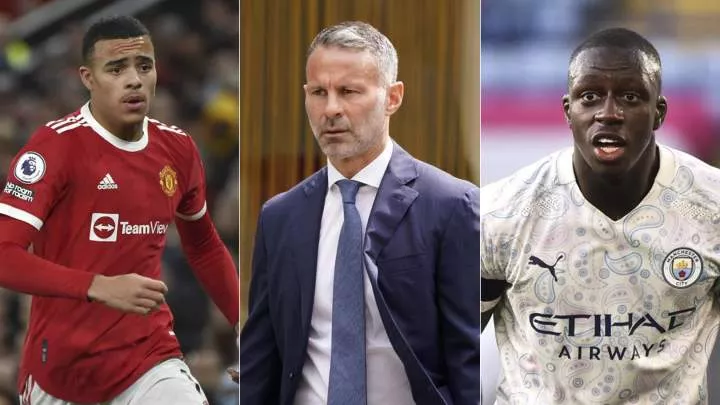
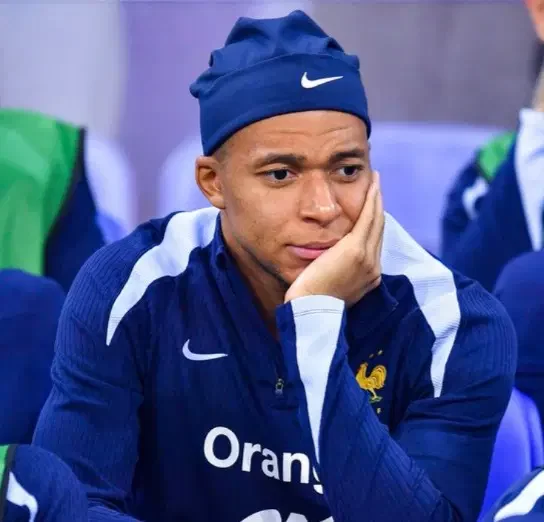
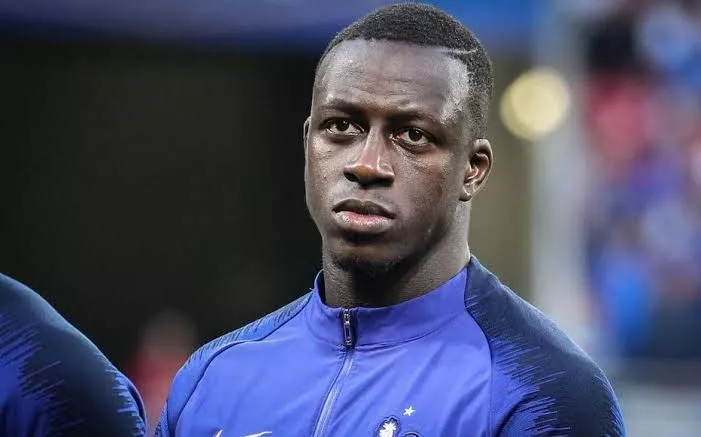
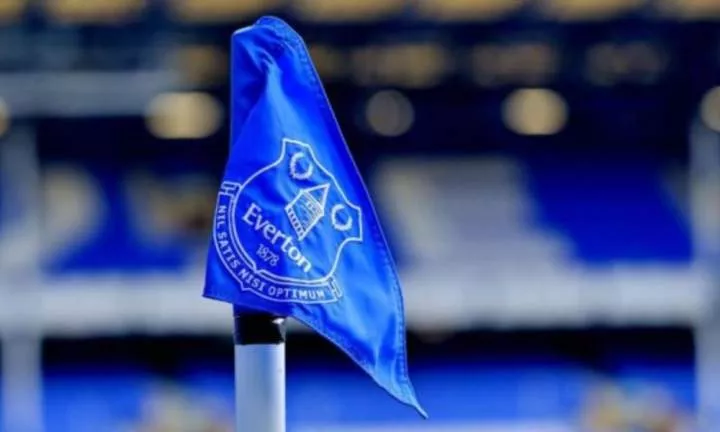
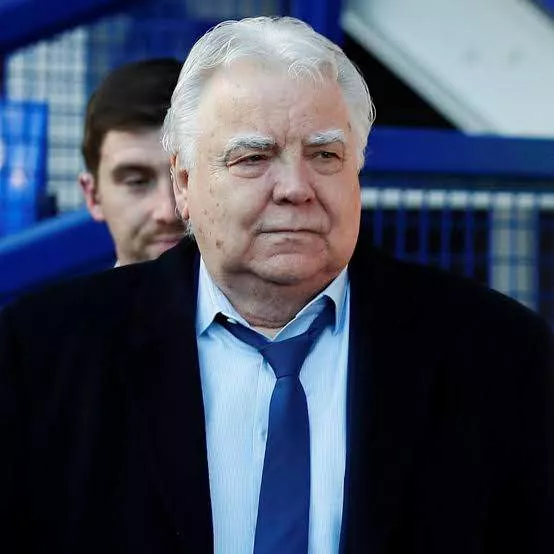
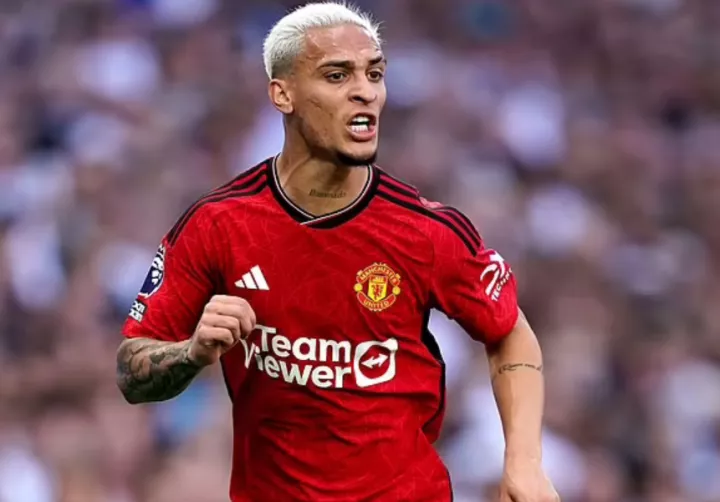
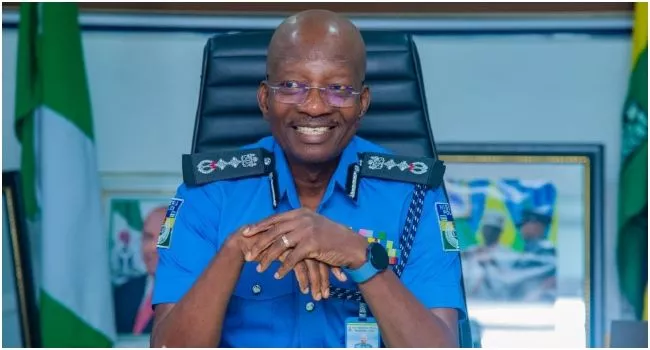
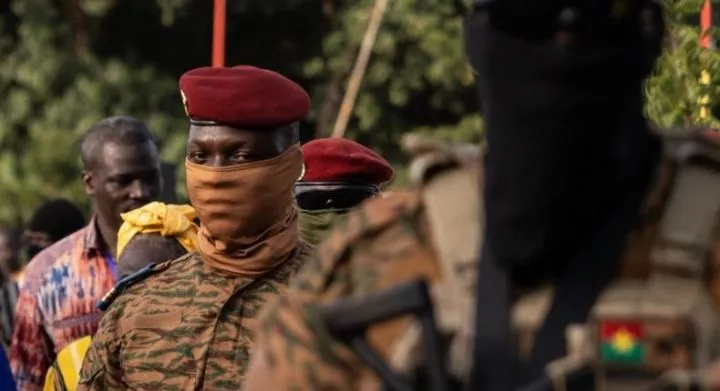





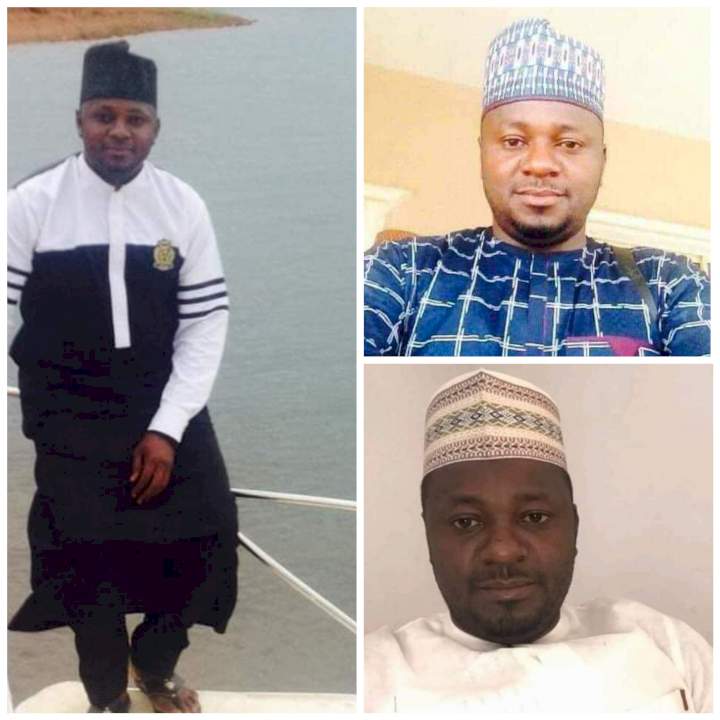
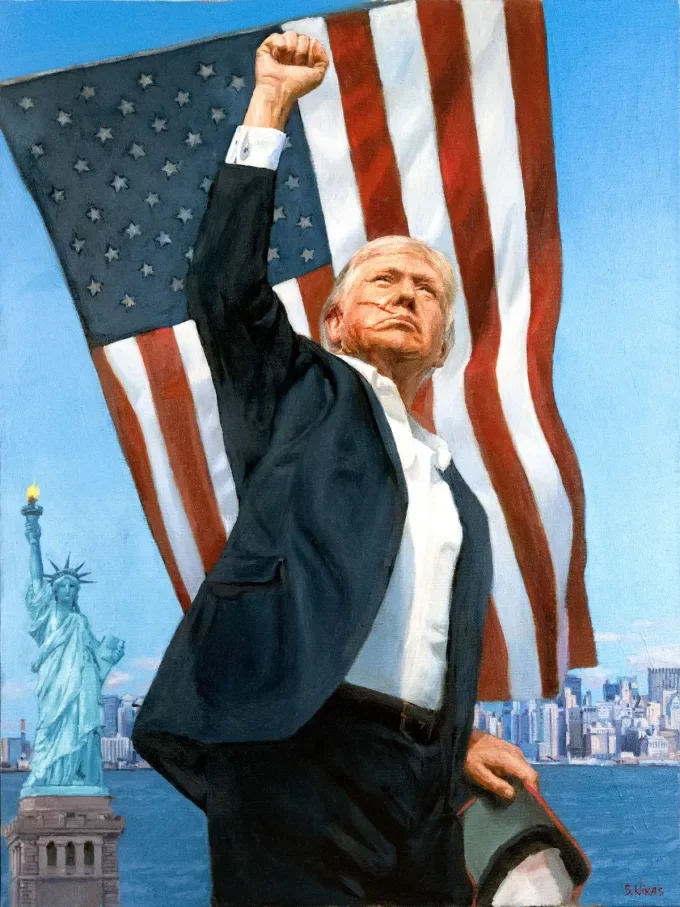


Comments